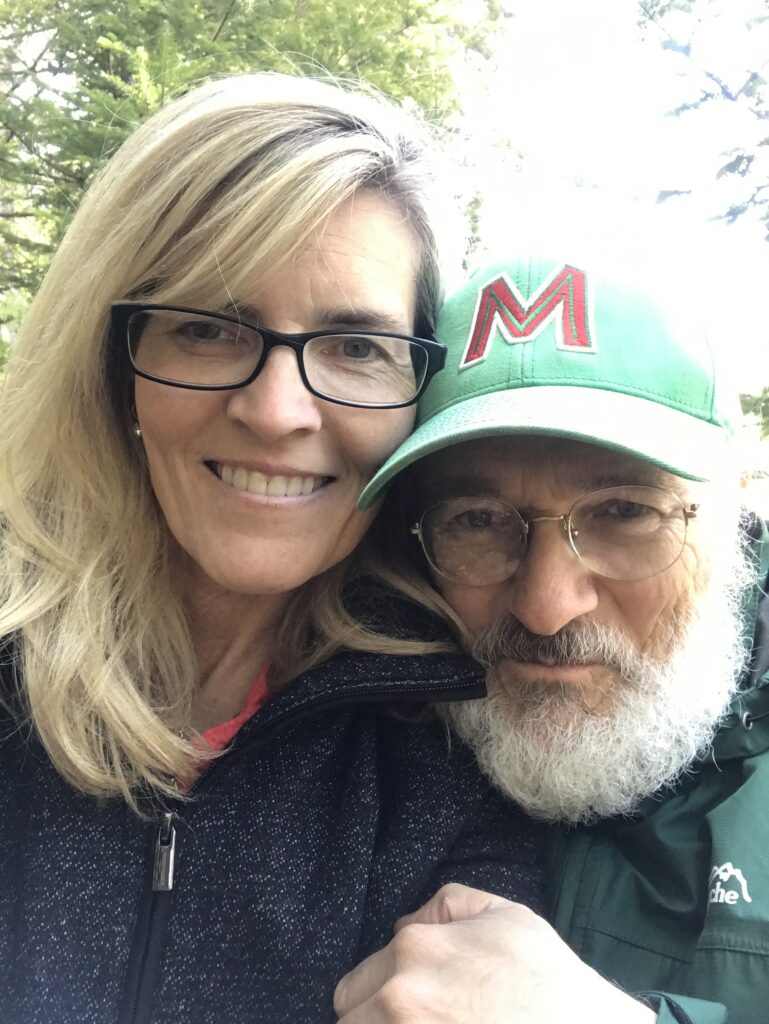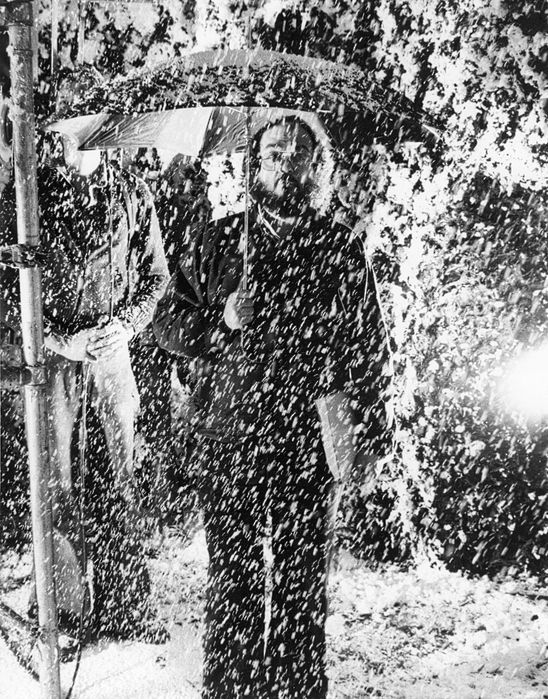ENGAGEMENT IS THE ONLY SANE POLICY RE: NORTH KOREA
By DAN VALENTI
PLANET VALENTI News and Commentary
(FORTRESS OF SOLITUDE, WEDNESDAY, MAY 6, 2015) — North Korea has long been a source of fascination for THE PLANET, going back to childhood, when our war play alternated between fighting Germans and “Japs” in WWII and duking it out on Pork Chop Hill with Gregory Peck.
Over the years, the inexorable advancement of the global marketplace and high technology have flushed out many remote areas and even fostered an economic miracle in that once-backward land of China. Somehow, North Korea has resisted, and it still lies behind the curtain. Some day, we hope to visit. For now, we must follow this land of mystery from afar, trying to find the LCD among the slanted demonizations of the Western press and the DPRK propaganda machine.
If furtherance of our geopolitical interests, we’d like to share this guest column, which first appeared in in forbes.com then in huffingtonpost.com. Read it with an open mind.
——– 000 ——–
By DOUG BANDOW
Senior Fellow, Cato Institute
North Koreans have formally ended their three-year mourning period for Kim Jong-il. By custom his son, Kim Jong-un, and the country now are free to move forward without hindrance from the past. But no one knows how they will take advantage of their opportunity.
A small, poor nation, the Democratic People’s Republic of Korea should be an international nullity, irrelevant to global affairs. Yet it again dominated headlines in the U.S. with the hacking of Sony and cancellation of the broad release of the movie The Interview, a comedy featuring the assassination of the younger Kim.
Although the FBI pointed its finger at Pyongyang–a charge backed up by a cyber-security expert I know–some online experts doubted the charge. The lack of certainty made retaliation difficult, though the administration imposed new sanctions of limited impact. Whatever the case, this otherwise two-bit international player hit the top of the news.
The DPRK not only has brought, even if indirectly, a major movie studio to its knees. More impressive, Pyongyang remains a regular topic whenever the leaders of South Korea, Japan, China, and America gather. Even Beijing expresses frustration with its nominal ally. The 31-year-old Kim has everyone’s attention.
For the last seven decades Washington has made North Korea America’s problem. The U.S. initially had little choice since its joint division of the Korean peninsula with the Soviet Union naturally led to creation of two antagonistic states. Having helped set the stage for conflict, Washington was forced to save its client from Kim Il-sung’s war of “liberation.” Through the 1960s America’s ally was little more prosperous or democratic than the North and required a continuing U.S. garrison for its defense.
That changed after the Republic of Korea took off economically and eventually adopted democratic rule. Today the ROK surpasses the North on every measure of national power save military, and the latter is a matter of choice. There is no special geographical feature of the peninsula that forces the country to the south to put fewer men into uniform and deploy fewer weapons. Seoul prefers to save its money and rely on the American armed forces. Indeed, the South refuses even to take war-time control of its own forces, leaving the Combined Forces Command with the U.S.
By taking on responsibility for South Korea’s defense, Washington has thrust itself into the middle of the Korean conflict and subjected Americans to rhetorical barrages, financial demands, military threats, regional complications, and perhaps cyber attacks. Doing more of the same–threatening military action against the North, strengthening defense ties with South Korea, and tightening economic sanctions–create significant dangers and generate large expenses without the prospect of gain. The risk and cost made sense during the Cold War when the ROK was vulnerable and the region a hegemonic battleground. But today the peninsula has lost its importance as a locus of geopolitical competition and America’s ally is more than capable of defending itself. The U.S. subjects itself to the misery of North Korea’s ill-attention for no good reason.
Looking ahead Washington should extricate itself from the Korean imbroglio while giving the North something to lose should it consider cyber attacks or other threatening behavior in the future.
The first step is to turn South Korea’s defense over to … drum roll please! … South Korea. American taxpayers no longer need pay to defend the ROK when it has more than enough resources to defend itself. Doing so is particularly peculiar while the South Korean government (in the past) and South Korean business (today) provide cash to Pyongyang. If Seoul wants to under-invest in defense while subsidizing its adversary, that is its business, but America shouldn’t be involved.
Despite discussion of expanding the reach of the alliance, the ROK has no interest in promoting American interests or attempting to “contain” Beijing. Why become an enemy of your large next door neighbor with a long memory? Only in Washington’s dreams.
U.S. forces should come home and the misnamed “mutual” defense treaty should be turned into a cooperative pact involving base access and intelligence sharing. Washington should phase out its commitment and garrison while offering to sell the ROK any weapons it desires. The South could respond in any way it sees fit. Logical strategies include investing in the military, setting aside emotional historical disputes with Japan, and pressing the People’s Republic of China to apply meaningful pressure on the DPRK to moderate the latter’s behavior.
However, American officials should raise the prospect of a nuclear South Korea. The U.S. has an interest in discouraging proliferation, but ever fewer analysts believe that Pyongyang will give up its nuclear weapons voluntarily. The regime still might be persuaded to freeze its capabilities, but that objective is most likely to be achieved with China using its economic clout against the North and Seoul threatening to develop a countervailing arsenal–which would have the salutary effect of encouraging Beijing to act. (The next links in the nuclear chain would be Japan and Taiwan, which would not be to the PRC’s liking, to put it mildly.)
Paradoxically, at the very time North Korea looks more intransigent than ever, the Obama Administration should indicate its willingness to initiate low-key diplomatic relations, perhaps a small consular office. If circumstances later warranted, the U.S. should indicate, these ties could be expanded and economic relations opened.
Although some would see such a step as rewarding the Kim regime, instead the step should be seen simply as an offer to treat the North as a normal government if it behaves normally. Washington has spent 66 years treating the DPRK as an abnormality, far longer than similar attempts at isolation employed against China, Russia, and even Cuba. None of these cases worked out well. Nor has the same policy employed against Pyongyang.
Switching course toward the North would offer several advantages. One would be to open a small window into North Korea, and the ever opaque political machinations–a year ago Kim had his uncle executed for assorted crimes–in Pyongyang. Other simple yet practical benefits would be having someone available when Americans find themselves in trouble in the North, testing the regime’s willingness to develop a more normal relationship, and offering a communications channel to address such issues as human rights, which today are ignored.
Perhaps most important would be to create a benefit and the potential for additional gains which Pyongyang could lose. With neither diplomatic nor commercial ties to the U.S., the DPRK has little to deter it from staging a cyber attack (whether or not it is responsible for Sony’s travails) and behaving badly in other ways. Opening official links might have no impact on the North’s actions. But the younger Kim might respond to positive incentives.
North Koreans are doing better economically, which will raise expectations that might be hard to satisfy. There is increasing talk of serious agricultural reform. And as the state has faltered private entrepreneurs have stepped into its place, with regime members taking a cut of the profits. Argued long-time DPRK-watcher Andrei Lankov, “Keeping this new elite of entrepreneurs and corrupt officials content has become a major preoccupation of the regime.”
Another important factor is geopolitical. While Beijing still supports its long-time ally, the backing is grudging and reluctant. North Korea bridles at China’s advice, let alone pressure, and has made its displeasure clear. For instance, Chinese officials were not invited to the commemoration of the third anniversary of Kim Jong-il’s death. (Beijing responded by praising Kim pere while ignoring Kim fils.) The mutual slights were conscious.
Pyongyang has spent its entire existence attempting to maintain its independence from its closest patrons, both the PRC and Soviet Union. After the U.S.S.R.’s collapse the North was left with but one increasingly inconsistent friend, China. North Korea’s periodic attempts to improve relations with Japan and South Korea likely represent an attempt to expand its political as well as financial assets. So too recent warming relations with Russia.
Improving relations with America would be another way to increase its local leverage. The North has had little good to say about Washington of late; Kim recently was reported to have roused the country “to an all-out anti-U.S. struggle.” But the regime just as recently released three imprisoned Americans and North Korean rhetoric can change instantly. The former pariah state of Burma has taken a similar approach, albeit with genuine, if at times halting, domestic reform. Washington should offer the same possibility to the North. Open the door and indicate that the rest is up to Pyongyang. Little might happen, but the cost to the U.S. would be minimal. The potential benefits could be substantial.
Of course, no one should expect the speedy development of a democratic, capitalist, pro-American government in the DPRK even in the best of circumstances. But we know what isn’t working: present policy. Positive movement on peace and human rights scarcely could go more slowly than today.
Whatever happens, Washington should step back. North Korea is neither large (like China) nor near (like Cuba), making it easier for the U.S. to keep Pyongyang at arms’ length. The factors which once made the North important to America–threats against weak allies, ties to a Cold War conflict–have disappeared. Washington should cheerfully, even eagerly, pass off responsibility for dealing with the North to the latter’s neighbors, including the PRC. Today Beijing sees only benefit from the Kim dynasty’s existence. Leaving the DPRK baby on its doorstep might change China’s calculus appropriately.
North Korea is an international problem with no good solution. Eventually the North as we know it will disappear. Until then the country will pose a difficult challenge for all of its neighbors, including the PRC. There’s no need for America to continue to take it on as a responsibility. Washington is busy elsewhere in the world. It’s time the U.S. stopped trying to do everything. It’s time to let someone else take the lead dealing with North Korea.
——– 000 ——–
Of all these points, the best one is for the United States to open diplomatic ties with North Korea. Openness and dialogue will do more than blockades and bullets.
—————————————————————————————————
“One of the limits of reality / Presents itself in Oley when the hay, / Baked through long days, is piled in mows. Is is / A land too ripe for enigmas, too serene. / There the distant fails the clairvoyant eye[.]” — Wallace Stevens, “Credences of Summer,” Stanza IV, (1946).
“OPEN THE WINDOW, AUNT MILLIE.”
LOVE TO ALL.















Dan, your break from local issues is refreshing. Your topics about “bigger pictures” have been enlightening and provocative. Thanks.
Of all the Oriental/Asian people in my opinion the Koreans are the most beautiful. North Korea is an example of an isolationist dictatorship. A true police state and horrible place to live. The power and water is only turned on a few hours each day and then limited. The streets at night are in darkness. The country is broke.
A government in total control of the people. The people living there have no idea what freedom is. They will never know as they live their entire lives under conditions they view as normal.
Any improvements in the quality of life for the North Korean people would be a good thing.
“And if there comes a time
Guns and gates no longer hold you in
And if you’re free to make a choice
Just look towards the west and find a friend
Oh Nikita you will never know, anything about my home”
– Elton John / Bernard Taupin (Nakita)
Yes I’ve enjoyed the break from the local scene insightful and provocative, good word to use here.
“COL.” Marhefsky, again I ask you to enlighten the world as to your “telcon” with Mr. Gaetani?
Having been born in 1952 it is interesting that the Planet alternated play war against Germans and “Japs’. By the time It was 6 or 7 years old Germany and Japan were our most reliable allies.WW II had been over for 7 years when the Planet was born. How come you left Italy out of your war games? Pork Chop Hill occured in 1953 when the Planet was 1 yo but It was 7 when the movie was released.
Thats a bizarre note, Tom. Dont get your point. Anyhoo this food for thought look at Korea makes we wonder how long can the Kim regine hold out before 21st century comes crashing in?
“By the time It was 6 or 7 years old …” To what does “It” refer, or did you know you had a preposition without an antecedent, TM? Were you intending a grammar lesson in reverse? As HM lets on, what else could be the point?
C’mon Thomas! I was born in ’57, in Troy, NY, New York state’s analog to Pittsfield, and growing up in the 60’s our war play enemy was still “Krauts and Japs.” They may have been our strongest allies, but we as kids had no idea. We were watching “Combat” and Pork Chop Hill and The Great Escape and tossing random “potato mashers” and screaming BANZAI! If we had to play the enemy side.
For all of you naysayers and doubters I will be posting answers for all questions in the days to come! This will be in addition to my last post!
MY TELCON WITH MR. GAETANI WAS PRIVATE AS ARE ALL MY TELCONS. IF ONE IS DESIROUS OF THE CONTENT, CALL MR GAETANI. THIS IS MY FINAL WORD ON THIS SUBJECT. PLEASE NOTE I AM NEITHER AN ADVOCATE NOR ADVERSARY TO MR. GAETANI. I INTEND TO EVALUATE THOROUGHLY ALL CANDIDATES FOR MAYOR ! FINAL NOTE, I DO NOT RESPOND TO ANYONE WHO HIDES BEHIND FOR EXAMLE “BILL”
“COL.” Marhefsky, Since you asked the questions on this site, I thought you would also provide the answers here as well. I never declared you to be an advocate or adversary to Mr. Gaetani. I’m sorry to invade the privacy of your super, dooper, cosmic, extra top secret “telcons”.
What’s interesting to me about North Korea is the way the country, and the Kims, keep yanking The President’s chain. You got to hand it to them, they know geopolitics much better than we do..For a country without an economy it seems to be doing pretty good.